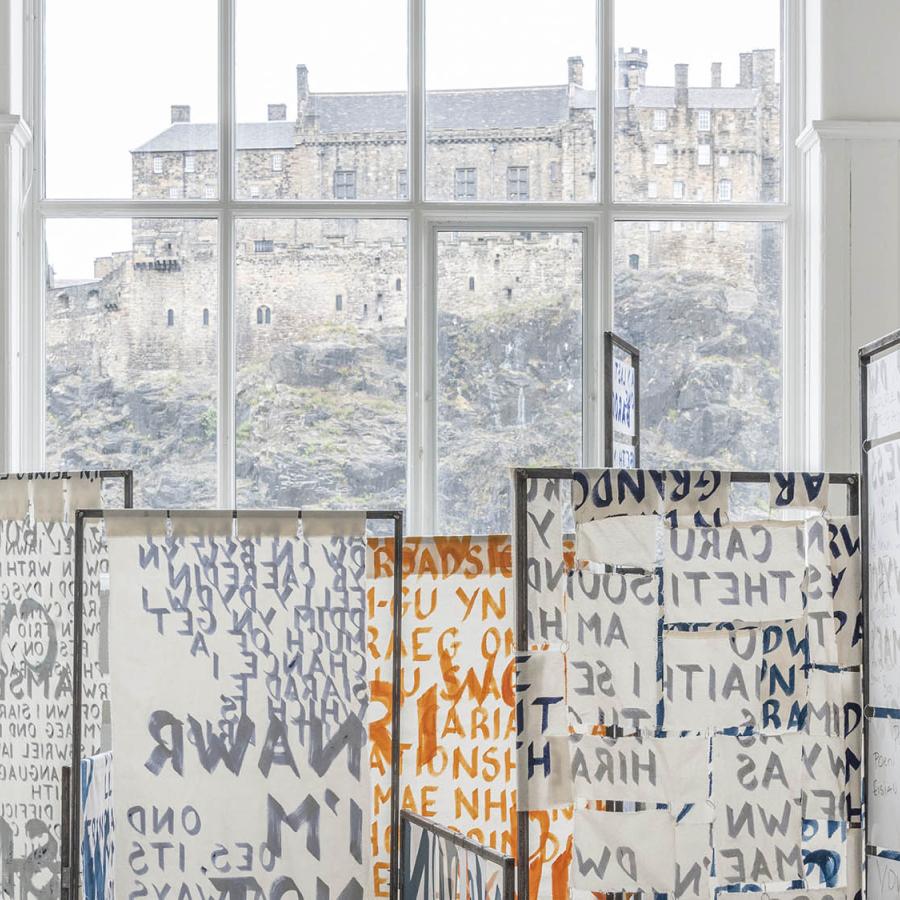Outline
Our MPhil and PhD degrees are both major pieces of independent research, preparing you for a future in academic scholarship. We welcome prospective students with a strong idea of what they want to research and how they will carry it out. A willingness to engage with primary-source material and to interpret this alongside existing literature in the field are essential attributes in those wishing to undertake this programme. Our student’s aim is to make an original and substantial contribution to knowledge in the chosen area of study.
Undertaking a research degree in History of Art at Edinburgh means you are part of one of the largest groupings of subject experts in the UK. Our students form a dynamic and supportive community working in close collaboration with experienced teachers and researchers within our School and beyond. As a student, you will have access to the world-class collections of Edinburgh University Library and the National Library of Scotland (one of five legal deposit libraries in the UK). The University is one of the major centres in the world for the study of the Humanities, and interdisciplinary supervision teams are often set up across different Schools. Edinburgh University houses outstanding art and manuscript collections developed over the last 400 years, while Edinburgh itself is home to a wealth of major museums, such as the National Galleries of Scotland and National Museums of Scotland.
Research interests
What makes us distinct is our inclusion of global art histories, from Japan and China to the Islamic world and India, in addition to a remarkably wide array of methodologies and period specialisms in more established areas. We have strong groupings of staff in Medieval, Renaissance, Early Modern, Nineteenth-Century, Modern and Contemporary subjects. Many of our PhD students contribute to undergraduate teaching. You will be able to build up a unique network of resources and collaborations, both within and beyond academia, from this range of possibilities.






